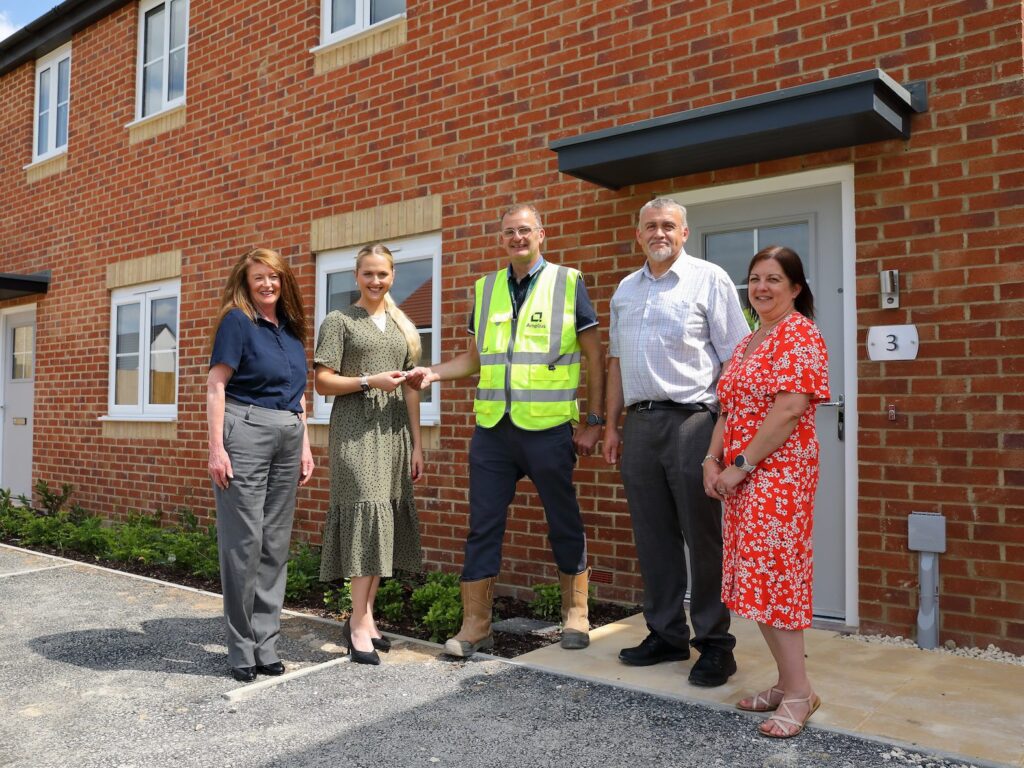HMRC to Delay Implementation of Reverse VAT Charge until October 2020
The decision by HMRC to delay the introduction of the reverse VAT charge for construction services until October 2020 has been welcomed by businesses across the construction industry. David Redfern, tax preparation specialist and Managing Director of DSR Tax Claims Ltd commended the government’s decision as a much-needed respite for the construction industry sector, already under pressure from uncertain economic conditions and agreed that the industry required additional guidance in order to ensure that the reverse VAT charge is rolled out without causing undue harm to the construction sector.
The domestic reverse charge for construction services was due to be implemented from 1st October 2019. Originally confirmed by the government in the Autumn Budget of 2017, with HMRC guidance published in November 2018, the reverse VAT charge is intended to reduce the scope for VAT fraud within the construction industry. The reverse charge moves the responsibility for accounting for the VAT on any construction supplies to the customer rather than the UK supplier. Redfern stated “The introduction of the reverse charge was given such a long-lead in due to the recognition by HMRC that it would have a negative impact on cashflow for many construction businesses as well as the impact on accounting systems to account for VAT correctly – however, HMRC seems to have been unprepared for how great that negative impact would be, particularly as the construction industry struggles in such an unsteady economic climate. The decision to delay for a further year is to be welcomed by all who would have been adversely affected by the reverse charge”.
When making the decision to delay the reverse VAT charge, HMRC pointed to the concerns raised by representatives of the construction industry that many businesses were not ready to implement the change from 1stOctober 2019. HMRC also cited concerns around a potential clash with Brexit as a contributory factor in the delay. Redfern stated “HMRC has stated that it will use the delay to provide additional resources to ensure that the industry is aware of the change and can cope with that change. Additionally, it has said it will focus on tackling existing VAT fraud in the industry which appears to be a pragmatic approach, balancing as it does the need to tackle VAT fraud within the industry without harming the industry as a whole. It does need to ensure, nevertheless, that the construction services industry is not subject to further disruption at such a fragile time for the economy as a whole”.
For those affected businesses who have already implemented measures to deal with the reverse VAT charge, HMRC has expressed its intention to treat genuine errors leniently. Redfern added “Many businesses will have amended their accounting systems and invoices to account for reverse VAT already so it is a welcome move by HMRC to clarify that genuine errors will be treated as such and not be unfairly penalised. Where businesses have already moved to monthly VAT returns in order to account for their VAT in a method more suited to their business, they do have the option of reverting back to quarterly returns until the reverse VAT is finally implemented – they need to visit the HMRC website to do so”.
The domestic reverse charge for construction services will now be implemented on 1st October 2020.











